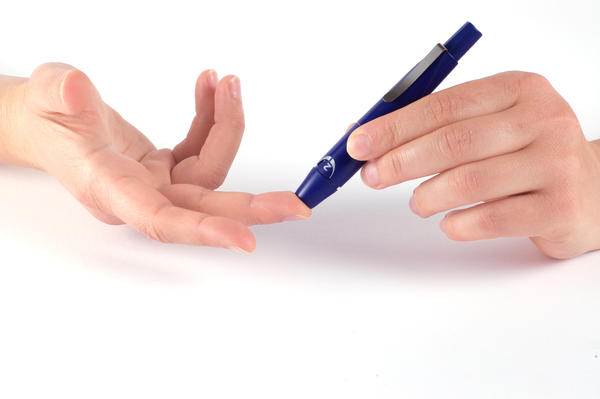Your lifestyle with diabetes may change a little, but that doesn’t have to be a change for the worse. Living well and living with diabetes can mean the same thing.
1) You’ll be eating healthier
When you are diagnosed with diabetes, your doctor will counsel you to make healthy food choices and carefully track your eating habits. You may be told to avoid eating excessive carbohydrates, which is the food group with the largest effect on blood sugar levels. Because diabetes comes with an increased risk of heart disease and stroke, your doctor may also tell you to avoid foods high in saturated fat, trans fat, and sodium, which can increase these risks.
2) You’ll regulate your alcohol consumption
Moderate alcohol consumption can still fit in a healthy lifestyle for people living with diabetes, however it is important to use moderation and not drink excessively. You should consume alcohol only when your blood sugar is well controlled, and keep in mind that many alcoholic beverages are inherently very sweet. For example, most mixed drinks contain very high amounts of sugar. Ask your doctor for a more personalized plan based on your specific situation and whether moderate alcohol consumption is appropriate for you.
3) You’ll be more mindful
Living with diabetes is largely about planning. You might not have paid much attention to the calories you consumed, grams of carbohydrates you ate, or timing of your meals before, but you certainly will be paying attention to these things now. You may be more conscious of how you spend your time, and think about how to structure your days to best manage your blood sugar. Fortunately, conveniences like modern insulin pumps can largely assist with some of these tasks, such as insulin delivery through an insulin pump. You may find that using a next-generation insulin pump such as the Tandem t:slim doesn’t feel very different from using your smartphone thanks to its touch screen controls. The display available on a smart insulin pump will help keep you informed of the amount of insulin that enters your body throughout the day.
4) You’ll be better prepared in case of emergency
A diabetes diagnosis means you will plan for diabetic emergencies and have the contact information for your doctor close at hand. While collecting this information is of course helpful in case of a diabetic emergency, having this information on hand will be helpful if other medical problems arise. Similarly, an identification bracelet can be useful to medical professionals if they have to assist you while you are incapacitated, regardless of the reason.
5) You’ll need to exercise
Exercise is essential for good heart health and keeping blood sugar levels in check. A regular exercise routine can also help you maintain a healthy weight, which is particularly important since being overweight or obese can make managing diabetes more difficult, and these conditions elevate risk of heart attack and stroke. You should consult your doctor to discuss how much physical activity is safe for you. For most people, 30 minutes of brisk walking each day can make a big difference for diabetes management and overall health.












